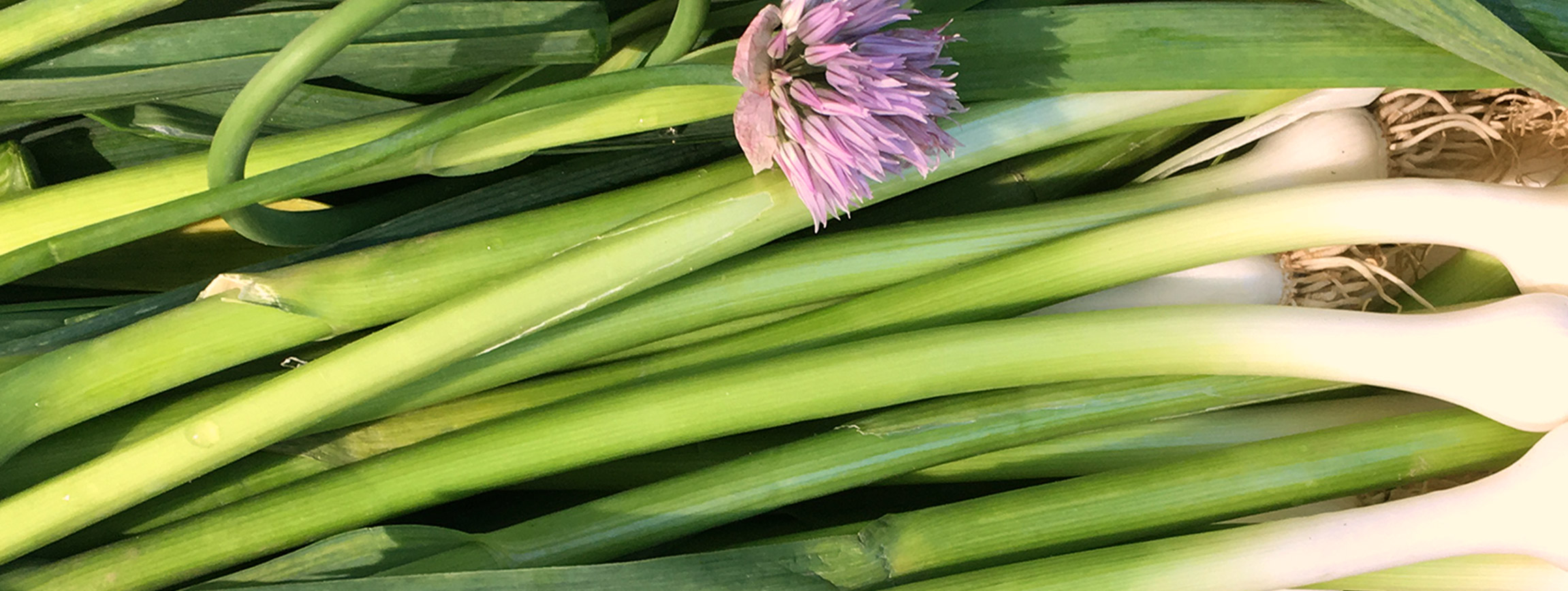All You Need to Know About the Process, Location, Workshifts, Payments & More

Registration for shares occurs in advance of the three growing seasons — summer, fall, and winter.
We hold Summer/Fall registratations from early February to late April, which includes a 20 to 22-week season with weekly pickups from June through November. We re-open registration in September for a shorter 9 to 11-week fall season that runs concurrently with the last weeks of our Summer/Fall season. In November, we open registration for Winter/Spring of the following year. Winter/Spring includes 5 to 7 pickups once a month between January and May.
The value of CSAs is that the farmers and members to work together, providing the farmer with ample time to plan and prepare in advance of the season. This means CSAs work best when members subscribe well in advance of the season. To that end, an early bird discount is designed to encourage early registration.

Season Overview
WSCSA members purchase a "share" before the beginning of the growing season, paying for an entire season of produce up front. This bulk payment enables the farmer to plan for the season, purchase new seed, make equipment repairs, and more.
A "share" typically includes 7-10 types of vegetables for households with 2-3 individuals. We also offer Add-Ons such as fruit, eggs, meat, and various pantry items for an additional fee.
Becuase we are a volunteer-run group, membership in the CSA requires volunteer shifts during each season to help with the work that goes into each pickup. Volunteer shifts generally occur during pickups, with members helping to unpack shares, check in other members, and keep the pickup areas clean. Some seasons, we allow members to “buy out” of one volunteer shift. More details on work shifts are in the next section.
The CSA is led by our Core Committee, a group of members who volunteer year round to manage the CSA. Core Committee members work on sign ups, adding new members, cleaning the distribution site, coordinating member volunteers, and planning community-building or educational events. This frees the farmers to focus on growing and delivering the vegetables. Learn more about our Core Committee.